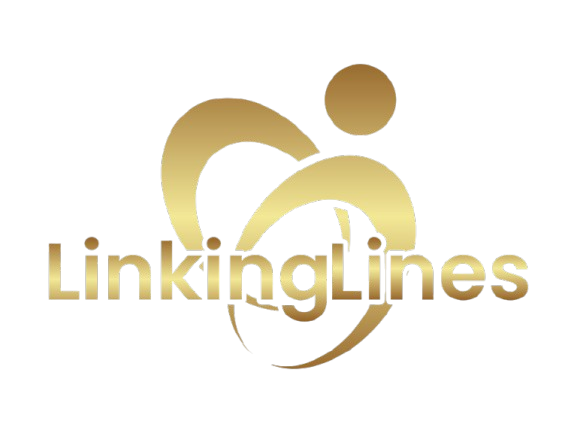There’s a lot of tips on resume writing out there, and it makes absolute sense. The process itself can be quite overwhelming. There’s a lot to consider, like the format, length, and details to include.
So, in today’s article, we’ll share the guiding principle we use when writing resumes. It’s simple, but it’s not easy because it requires you to be objective and push aside your emotional attachment to positions, what you deem interesting, and what you consider to be your achievements.
And let’s be honest – that is not easy!
The guiding principle, or the number 1 question to ask yourself when writing a resume should be: How does this bring value to the reader?
Let’s explore this further.
POV: Reader
The whole point of your resume is to impress the reader and get a positive response to your job application. But, are you keeping them in mind while writing your resume?
Recruiters literally have to sift through numerous resumes, very often under time pressure. This means you have to be very clear and intentional with your content.
The format needs to be easy for the eyes and your content understandable and easy to follow.
If you had to quickly evaluate dozens of resumes in a day, would you like to see blocks of text or a messy document format? Probably not. So don’t do it to your reader because if you do, you will not get the results you want.
The best way to write your resume is to keep your reader in mind.
Things that bring value to the reader
In other words, what you’re trying to achieve is to bring value to your reader.
So, when writing a resume, you have to keep in mind the position you’re applying for. In theory, that’s easy because you have the job ad right in front of you and you can see what are the requirements.
Because of this, you know what the recruiter and the hiring manager are looking for in a candidate.
It is on you and your resume to show them that you meet their criteria.
This is the part where we say: you should tailor your resume to the job. Everyone says that – we know. But there’s a reason for it!
Don’t apply for a job with a generic resume that doesn’t tick the boxes that the company outlined in the job listing.
In practice, this translates to you including in your resume only the things that are relevant for the job, and cutting out everything else. Focus on your relevant work experience or experience that is somewhat related to the job you’re now applying for. Highlight your skills and traits that are mentioned in the job ad or that are sought after in the industry. And that should be your guiding principle when writing a resume.
Do not include irrelevant work experience or, if you want to include it, don’t dedicate a lot of page space to those. Stay clear from the information that does explain why you’re the perfect person for the job.
Conclusion
To conclude, if something doesn’t bring value to the reader, if it’s irrelevant to the position you’re applying for and the company as a whole, there’s no logical reason why you should include it in your resume. So, keep this in mind the next time you’re writing a resume.
















Leave a Reply